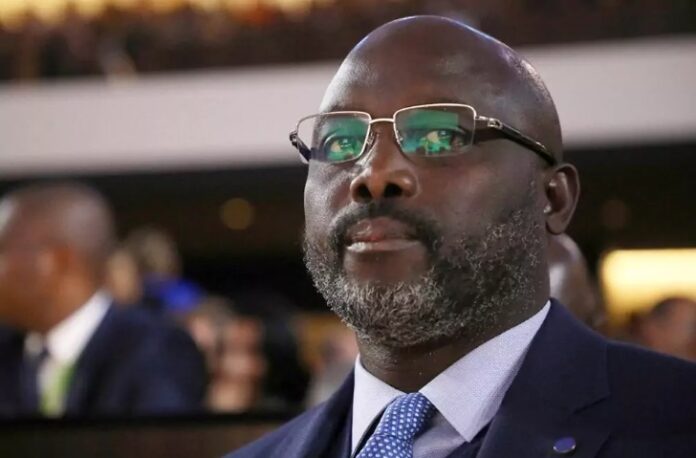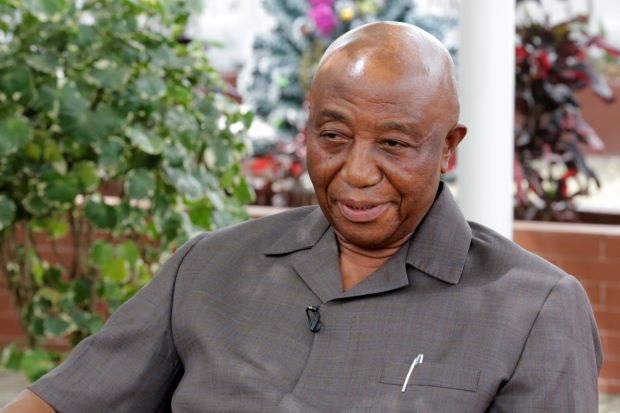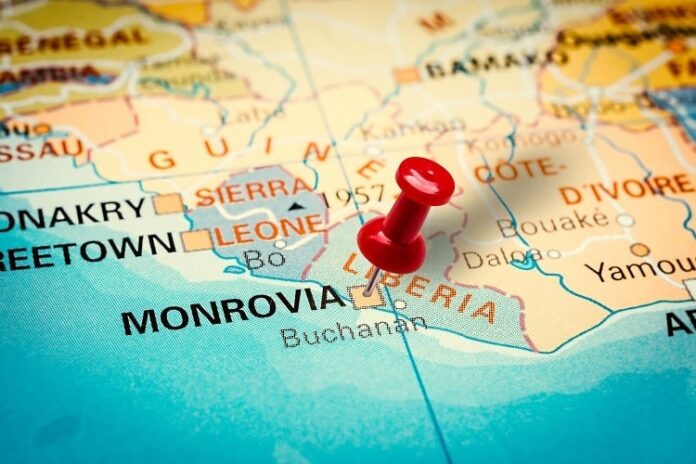By IDN
By Azu Ishiekwene
Liberia and Sierra Leone have a common historical legacy and often tend to imitate each other in war and peace. But events in the last two weeks suggest that while Liberia may be turning a new, refreshing page, Sierra Leone remains trapped in its troubled past.
First, the good news from Liberia, whose capital, Monrovia, was named in honour of America’s fifth president, James Monroe. After one six-year term, President George Weah announced that he was done even before Liberia’s electoral commission finished counting the votes in the November 17 run-off elections. The football legend didn’t wait for the referee’s final whistle.
He called the opposition leader, 78-year-old Joseph Boakai, to congratulate him in an election that finished with a narrow 49.36 percent to 50.64 percent margin that a crooked sitting president could have upturned.
Meanwhile, Liberia’s neighbour, Sierra Leone, is boiling after an attempted coup last Saturday night forced the government of President Julius Maada Bio to impose a nationwide curfew. Some unofficial reports have blamed last June’s shambolic elections as the trigger, threatening the moment of relief that Weah’s gracious exit had offered West and Central Africa, which have been the theatres of nine military coups or attempted power grab in three years.
Fresh air
Yet, allowing the mutineers in Freetown or elsewhere on the continent to rain on Weah’s parade would be a huge disservice. In a region blighted by instability and sit-tight leaders, the Weah moment is a breath of fresh air.
In the last three and a half decades, Liberia suffered two civil wars, 1989-1997 and 1999-2003. About 250,000 persons were killed and more than a million displaced in what has been referred to as one of Africa’s bloodiest conflicts.
The conflicts, fuelled by diamonds, were deeply rooted in the country’s ghastly identity politics. Liberia was one of the four independent African states by 1945; the others being Egypt, Ethiopia and the Union of South Africa.
But it was only independent in name. Liberia was a vassal of the American Firestone Company, the tire and rubber manufacturer that owned plantations there. Like Sierra Leone, Liberia later became home to blacks who worked in these plantations or those repatriated from America.
Tyranny cycle
But that’s not the whole story. The Américo-Liberian elite, a small but powerful group, held economic and political power for over 100 years until they were brutally overthrown in the 1980s by a barely literate master sergeant, Samuel Doe, with the backing of the United States of America.
To the consternation of the US and the shock of the world, Doe ruled with an iron hand, which got more vicious as the years went by. He replaced Américo-Liberian oppression with that of his own Krahn ethnic group. The Gios and Manos in Nimba County were his most horrific victims. They were haunted down and murdered for sport.
It was in these circumstances that Charles Taylor rose up as defender and ethnic champion. Most of his early recruits were from the Nimba County from where he later launched a countrywide rebellion that led to the murder of Doe in 1990 and the wrecking of Liberia with serious destabilising consequences for Sierra Leone and West Africa. Liberia is still struggling with the effects of that brutal war.
Weah pause
Sirleaf Johnson’s presidency, from 2006 to 2018, was thought to be Liberia’s best chance at a reset. Weah was determined to launch an earlier presidential bid that may have disrupted Johnson’s presidency.
Regional leaders, fearing Liberia’s fragile state, prevailed on him to wait. After watching bands of mostly jobless and potentially vulnerable rural youths fall under the spell of Weah’s star power, Nigeria’s president at the time, Olusegun Obasanjo, advised the former World Footballer of the Year to suspend his ambition and return to school.
That decision may have been unpleasant then, but it seasoned Weah and prepared him, when he finally took the helm in 2017, to manage the fraught and delicate balance in a country that has suffered some of the worst depredations of Ebola and COVID-19. Over half of the 5.4million population live below the poverty line, a perfect excuse for political instability
But waiting may have done more for Weah than giving him a chance to return to the classroom. Given the slight margin of defeat in the last elections, for example, had he not grown older and wiser, he might have yielded to the temptation to unleash the capricious hand of the state against Boakai his relentless second-time challenger. Waiting has also taught Weah to manage Liberia’s cauldron of ethnic politics, its weakest point of inflexion. All it would have taken to plunge Liberia into another round of crisis was for Weah to stoke the ethnic fire. He didn’t.
Of course, drugs and corruption were also major election talking points, with the opposition Unity Party mocking Weah whose chief of staff, solicitor general and head of ports authority were reportedly sanctionedby the US on corruption charges in 2022.
A university professor told Al-Jazeera that, “Corruption is an unending story and will influence votes, however the deciding factor will be issues around the economy which affect Liberians directly.”
Yet, the ethnic fault lines in the voting pattern, heightened by politics, also explain the government’s inability to implement the report of the Truth and Reconciliation Commission since 2009. The country is still deeply divided.
And no one knows this more than Weah, who picked Taylor’s wife as running mate to boost his electoral fortunes among sections of native Liberians. Conceding to Boakai even before counting closed defused tensions and gave the country hope for stability in a blighted region.
Bucking a trend
Weah wasn’t lacking in bad examples to follow. Guinea, Liberia’s northern neighbour, is under military rule, as are nearby Mali and Burkina Faso. Except for the late Jerry Rawlings of Ghana who exited at 53, African statesmen hardly retire at 57 or even 75 for that matter. The relics in Cameroon, Uganda and Equatorial Guinea are worth counting.
All it would have required was for Weah to use the familiar play book: denounce the election, alter the constitution, sack some people in high places as a warning, or just improvise any subterfuge to undermine the elections. And he would be sitting pretty calling the shots and daring the world to remonstrate – knowing he was never the first, and may not be the last.
If he had chosen this path, there is little evidence that the AU or even the ECOWAS would have lost sleep. They were silent when Senegal’s Macky Sall toyed with extending his tenure, before he pulled back from that travesty, which in any case, Cote d’Ivoire’s Alassane Ouattara has managed to get away with.
The regional bodies made all the right noises about coups in Guinea, Niger, Sudan, Gabon and Mali and even threatened military action, only to leave Nigeria’s President and ECOWAS leader, Bola Ahmed Tinubu, eating his own words.
Weah has chosen a different path, he has done the honourable thing. Even though conceding defeat doesn’t immediately solve Liberia’s deep, underlying problems, it gives the country a good chance to continue the hard work of rebuilding. And just as important, it offers Liberia’s neighbours and the continent as a whole a redeeming example. Source: eurasiareview.com
Azu Ishiekwene is the Managing Director/Editor-in-Chief of LEADERSHIP newspaper based in Abuja, Nigeria.








